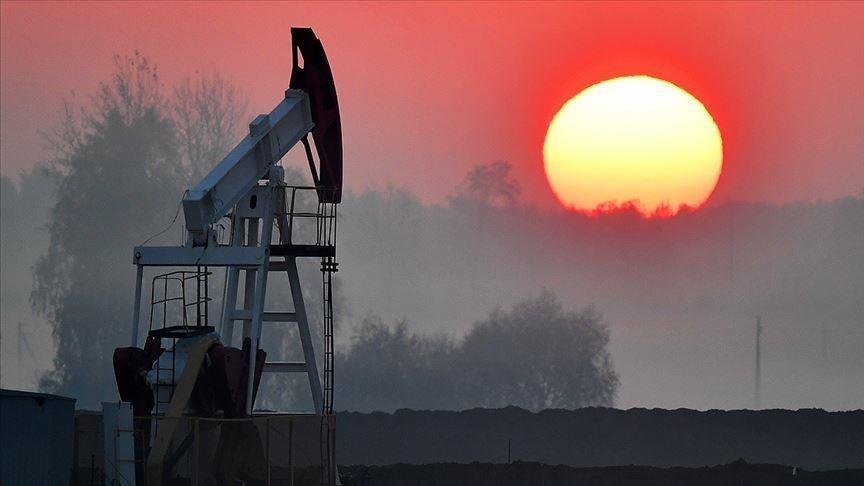The UAE’s energy minister has blamed global oil market volatility on information discrepancies, citing OPEC and non-OPEC nations’ recent oil output cuts based on in-depth market fundamentals to ensure market stability between supply and demand.
The OPEC group came under fire after Saudi Arabia, Russia, and Algeria announced their intention to tighten their oil supply curbs amid concerns of muted global economic activity.
Speaking to the Emirates News Agency (WAM) on the sidelines of the 8th OPEC International Seminar in Vienna, Suhail bin Mohammed Al Mazrouei affirmed that the periodic meetings of OPEC+ have helped limit fluctuations and restore market balance and stability through cooperation and joint efforts, especially given that OPEC and non-OPEC member countries account for around 40% of global oil output.
”Through our periodic meetings, we are constantly working to monitor markets and relevant shifts to ensure taking timely and effective measures, which help boost stability across the market and drive economic development worldwide,’ he said.
He added that through independent sources of data, oil-producing countries are able to obtain a comprehensive view of the market and take unbiased decisions to restore the supply-demand balance.
Saudi Arabia said it would extend its production cuts of 1 million barrels per day (bpd) through August, leaving the door open for further extensions.
Russia followed suit with an announcement of a voluntary reduction of its oil exports by 500,000 bpd in August, on top of the 700,000 bpd of cuts in place since March.
Algeria later said it would also reduce output by an extra 20,000 bpd in August, bringing its total output cut to 68,000 bpd since April.

